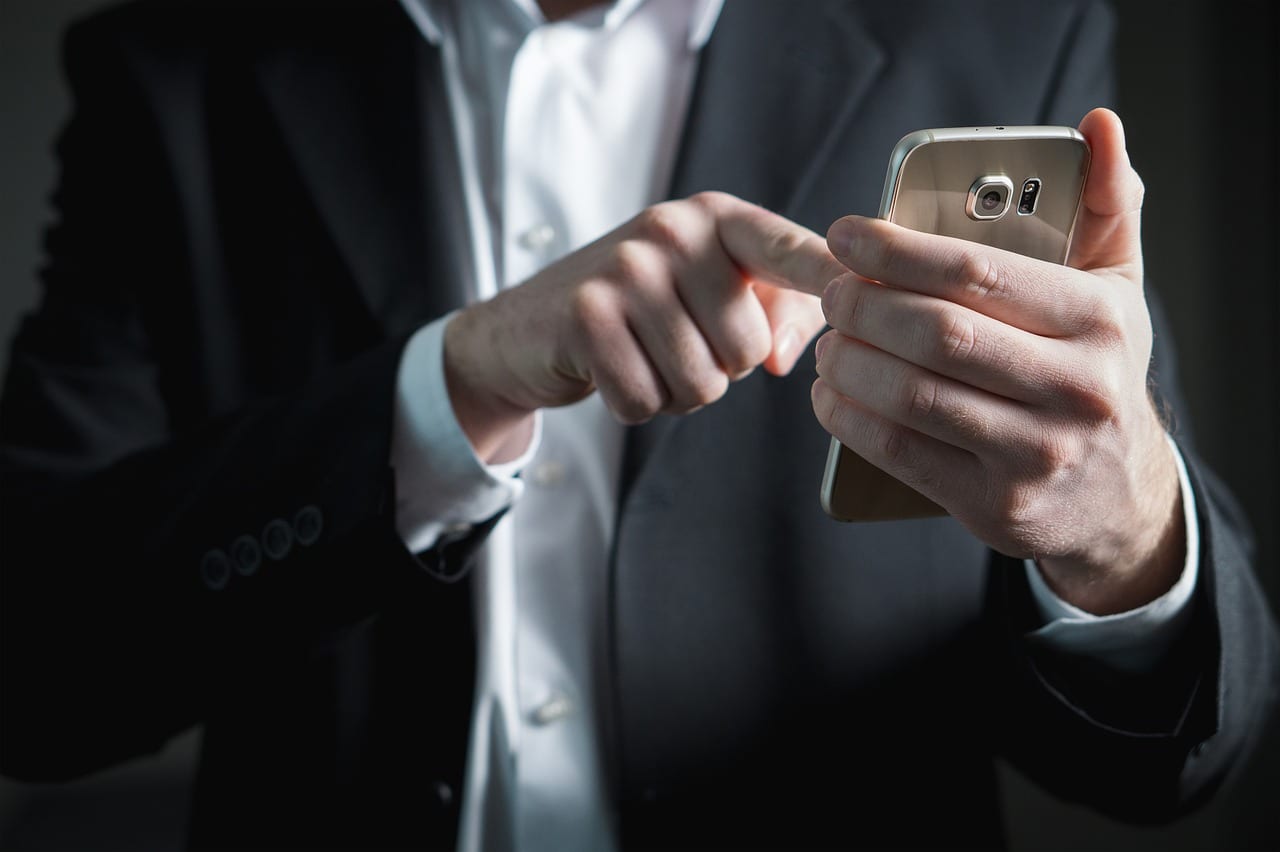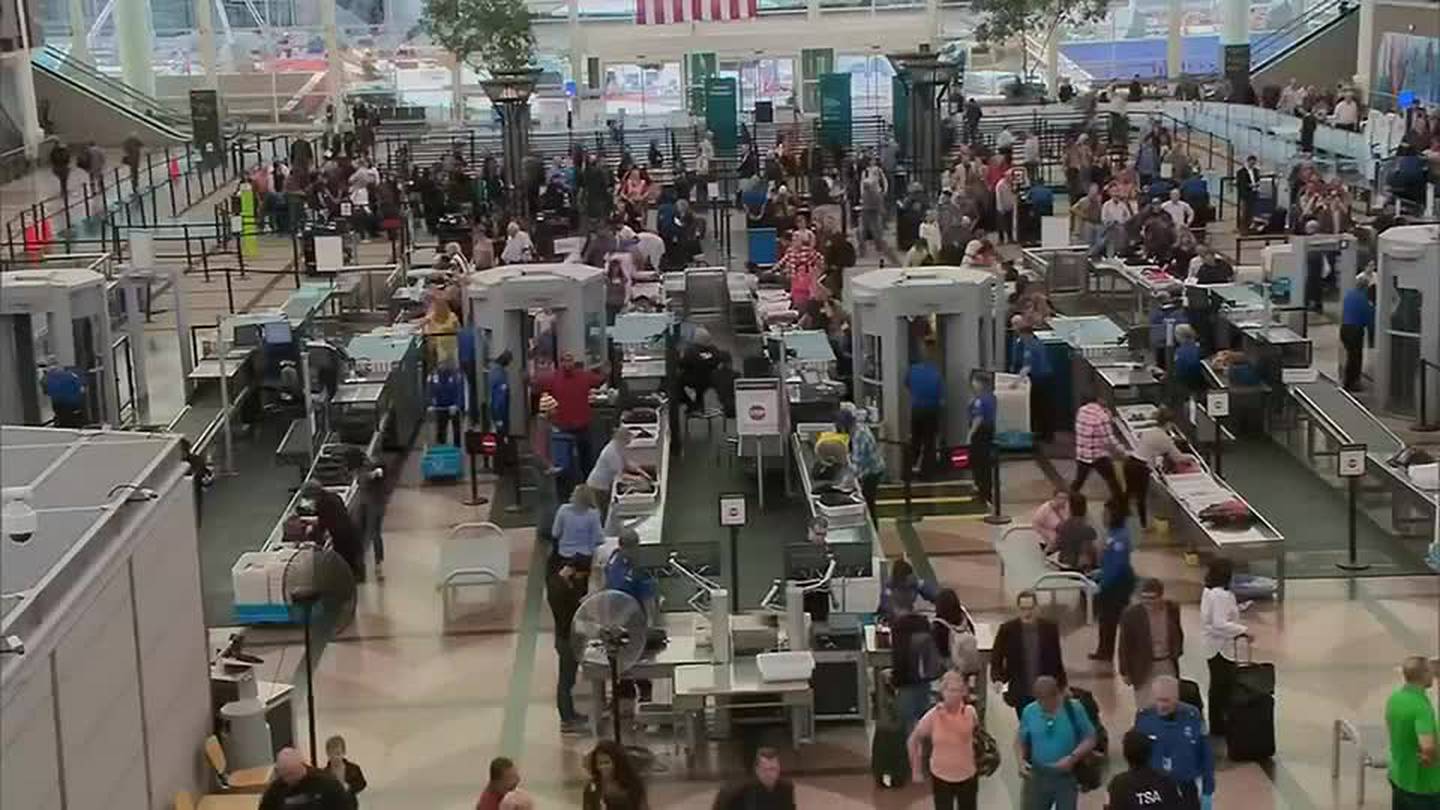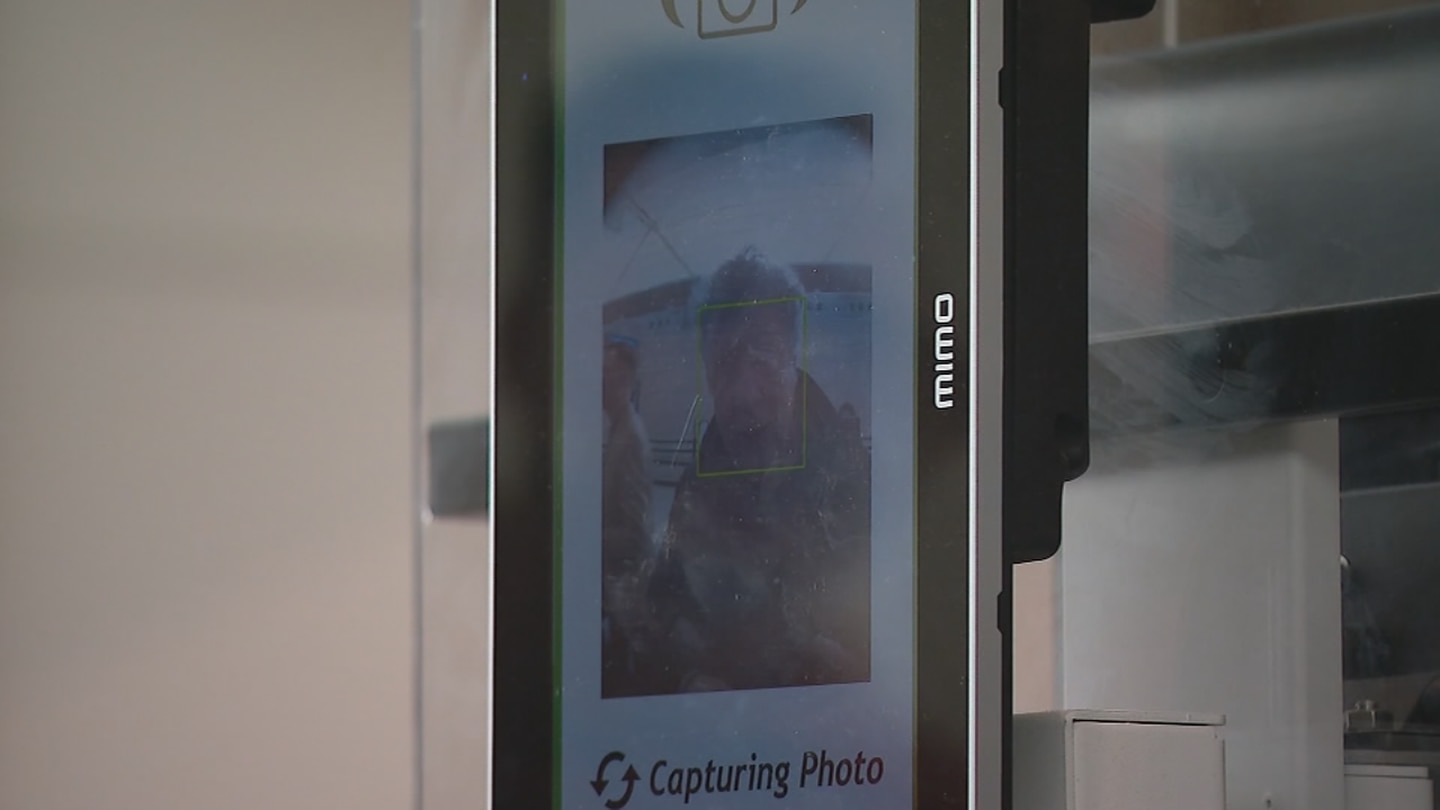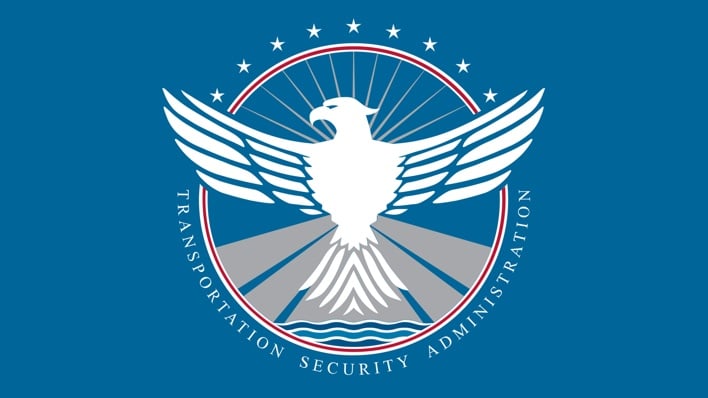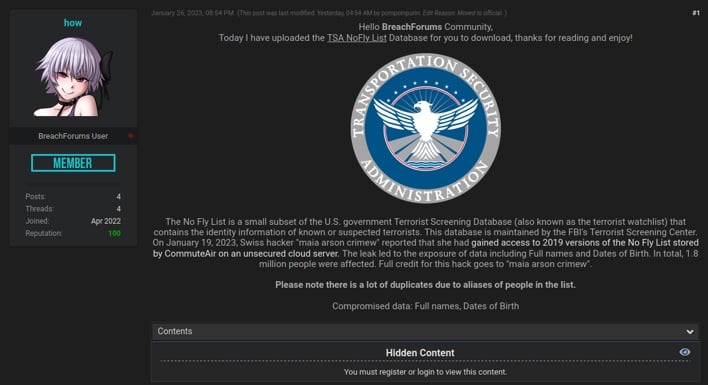TSA Now Accepts Mobile IDs in Google Wallet on Android Mobile Devices, Starting with Maryland
In collaboration with the State of Maryland and Google, the Transportation Security Administration (TSA) now accepts Maryland-issued mobile driver’s licenses and ID cards in Google Wallet on Android mobile phones at select TSA airport security checkpoints.
TSA PreCheck® passengers will be able to use this new feature at checkpoints for identity verification at 25 participating airports.
“TSA’s partnership with Google and Maryland spotlights our commitment to implementing new technologies and expanding use of mobile driver’s licenses,” said TSA Administrator David Pekoske. “This launch represents the first mobile driver’s license in Google Wallet. We continue to work closely with other states on deploying this capability across the country. TSA is committed to collaborating on international, open standards that provide enhanced security, privacy protections and offers airline passengers a more efficient and convenient travel experience.”
To present their ID in Google Wallet at select TSA checkpoints, passengers will approach the podium at the first station in the screening process. The passenger may consent to provide their mobile identification from Google Wallet by simply turning on Bluetooth and holding their Android smart phone or watch on the second-generation Credential Authentication Technology (CAT-2) reader device. The digital identity information from the mobile driver’s license is encrypted and transmitted digitally to CAT-2, where the passenger’s real-time camera photograph will be compared against the encrypted mobile identity information from Google Wallet and their reservation data that would have been on the passenger’s boarding pass. Once the CAT-2 confirms the identity match, a TSA officer will verify the match and the passenger will proceed to security screening – without ever exchanging a boarding pass. TSA officers may perform additional passenger verification if needed. The real-time live camera photograph and the mobile identification information is not kept, transmitted or used for any purpose other than for the immediate identity verification by a TSA officer. Passengers who do not wish to participate in facial…
